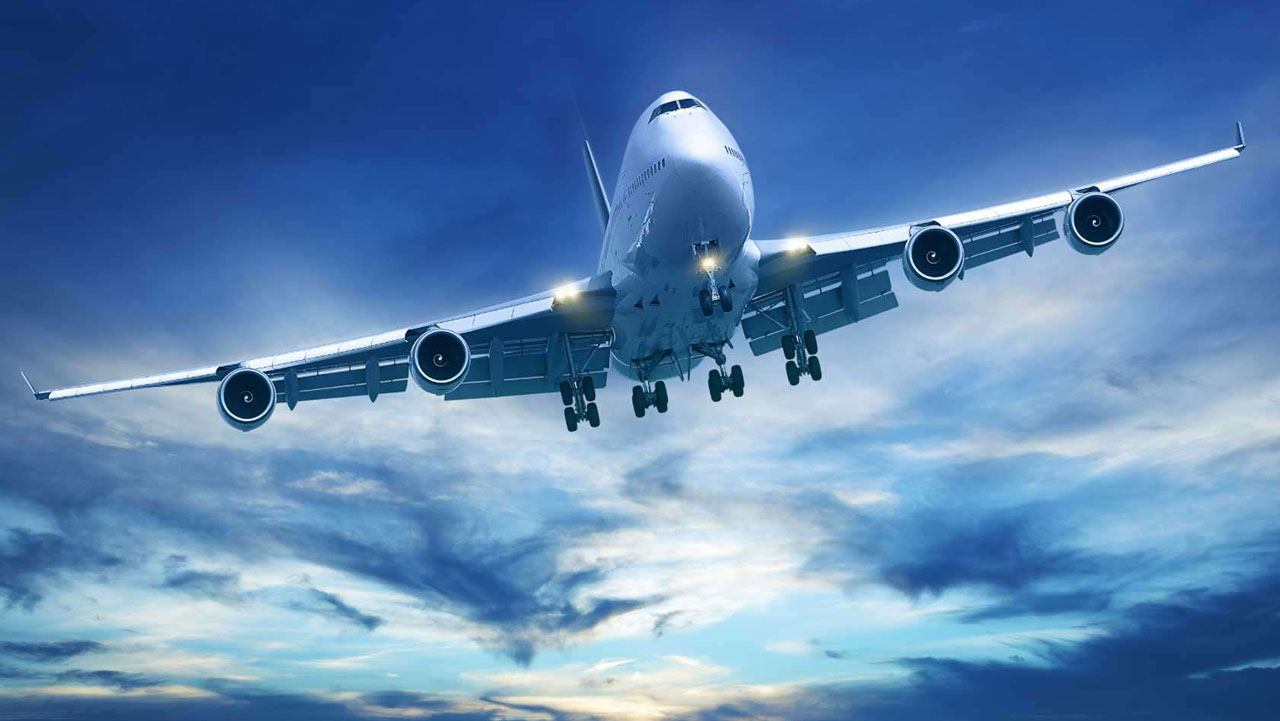Global air travel leaps despite mixed reactions following China’s reopening to international travel

Africa trails with lowest regional traffic recovery record
The International Air Transport Association (IATA) has announced that air travel recovery has continued to leap in spite of mixed reactions of fear and excitement as China reopens its borders to international air travel.
In its press statement this week, IATA said the current global passenger traffic (measured in revenue passenger kilometres or RPKs) is 75.3 per cent, a significant increase from the 41.3 per cent recorded in November 2021.
IATA’s recovery chart showed that international traffic rose 85.2 per cent in November last year, compared to the previous year – November 2021.
By November 2022, international RPKs reached 73.7 per cent, showing a significant recovery that levelled the pre-pandemic period – November 2019.
The recovery chart also showed that domestic traffic for November 2022 was up 3.4 per cent compared to November 2021, a slow recovery dampened by travel restrictions in China that affected the global result.
A regional reflection of the chart showed that the Asia-Pacific continued to report the strongest year-on-year results, not undermining other regions that showed improvement during the recovery period though.
Asia-Pacific airlines had a 373.9 per cent rise in November 2022 traffic compared to 27.5 per cent recorded the previous year, which was the strongest year-on-year rate among the regions; recorded capacity rose 159.2 per cent and the load factor jumped up by 35.9 percentage points to 79.2 per cent.
European carriers, on the other hand, had a rise in traffic by 45.3 per cent in November 2022 compared to 25.0 per cent in November 2021. Capacity increased by 25.1 per cent, and the load factor moved up 11.6 percentage points to 83.6 per cent, the highest among the regions.
Middle Eastern airlines saw an 84.6 per cent traffic rise in November compared to 6.6 per cent in November 2021. November capacity increased 45.4 per cent versus the year-ago period, and the load factor climbed 16.5 percentage points to 77.7 per cent.
North American carriers experienced a 69.9 per cent traffic rise in November versus 32.6 per cent in the 2021 period. Capacity increased by 45.5 per cent, and the load factor climbed 11.6 percentage points to 81.0 per cent.
Latin American airlines’ November traffic rose by 59.2 per cent compared to 6.5 per cent recorded in the same month in 2021. November capacity climbed 55.6 per cent and the load factor increased 1.9 percentage points to 82.9 per cent.
African airlines had an 83.5 per cent rise in November RPKs versus 1.9 per cent recorded the previous year. November 2022 capacity was up by 48.4 per cent and the load factor climbed 14.2 percentage points to 74.3 per cent, the lowest among regions.
IATA’s Director-General, Willie Walsh said rising traffic results indicate that travellers are enjoying the freedom to travel again without restrictions.
Walsh, however, expressed dissatisfaction with emerging reactions by governments around the world suggesting a reordering of travel restrictions as China reopens international travel.
“Traffic results in November reinforce that consumers are thoroughly enjoying the freedom to travel. Unfortunately, the reactions to China’s reopening of international travel in January remind us that many governments are still playing science politics when it comes to COVID-19 and travel.
“Epidemiologists, the European Centre for Disease Prevention and Control and others have said that the reintroduction of testing for travellers from China can do little to contain a virus already present worldwide. And China’s objections to these policy measures are compromised by their own pre-departure testing requirements for people travelling to China.
“Governments should focus on using available tools to manage COVID-19 effectively—including improved therapeutics and vaccinations—rather than repeating policies that have failed time and again over the last three years,” said Walsh.

Many countries have expressed concern about a wave of new strains of the COVID-19 virus in China, citing a lack of information from the Chinese authorities on how to contain or prevent such variants.
The World Health Organization (WHO) has said it is quite understandable that some countries are considering precautionary measures in light of the lack of information, and has called on China to share data on genetic sequencing of the variants, as well as figures on hospitalisations, deaths and vaccinations before it reopens borders to air travel this month.
China, however, has rejected criticism of its COVID-19 data and said it expects future mutations to be potentially more transmissible but less severe.







